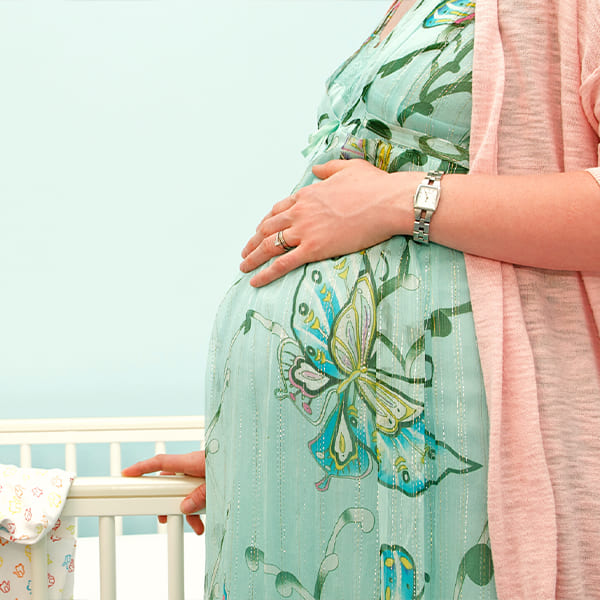- Home
- About Us
- Why BFI
- Treatments
Advanced IVF Treatment
Donor Services
Fertility Preservation
Advanced IVF Treatment
Donor Services
Fertility Preservation
- Locations
- Resources
- Contact Us
IVF failure
Couples undergoing IVF have very good chances of conceiving in the first attempt and every attempt. The success chance is much better than any other treatment for the same couple. However, there is always a possibility of failure.
IVF success depends on the patient factor as well as the clinic factor.
BFI’s IVF labs are built to offer the best development conditions for embryos. All our IVF labs are class 1000 labs for the best culture environment. Latest generation fertilization equipment and culture incubators help in the best care of eggs, embryos and blastocysts. Know more about our infrastructure
BFI has years of experience in treating difficult cases means there is always hope! We always custom design highly individualized, personalized, and optimised ovarian stimulation, which can cause a big difference between results.Click here to know why Bavishi Fertility Institute is different.
To get 100% all-around protection for patients of IVF failure, our unique ‘Suraksha Kavach Package’ offers and includes all advanced techniques as a standard. Know more
BFI APPROACH TO FAILURE
BFI has a systematic approach to the investigation and treatment of failure. The most important thing is the meticulous analysis of the failed IVF cycle. Our team divides the cycle into small stages or fragments and investigates it thoroughly. We use our findings to fine-tune and improvise future treatment.
Stimulation
The number and quality of oocytes recovered in the treatment cycle are analysed. We decide the optimum dose and protocol of stimulation based on this. We may suggest long protocol, short protocol, Microdose flare protocol or minimum stimulation IVF in your case. If the number of oocytes is very less you may benefit from our signature ovarian rejuvenation or dual stimulation ‘DuoStim’.
Fertilization
Usually, 70% or more mature oocytes fertilise to create an embryo. When there is poor fertilization, sperm DNA fragmentation test and specialised genetic tests are advised in rare cases.
To achieve a better selection of sperm, we can use PICSI. This technique selects sperm that are able to naturally bind the egg’s outer surface. This helps in choosing better quality sperm. Read more
For egg quality assessment and preventing egg damage during fertilization, we may use spindle view ICSI – polscope. This technique provides a very good tool to investigate egg quality and allows us to clearly identify the site for sperm injection in eggs. Read more
Embryo quality depends on fertilization also. Techniques to improve fertilization are also useful in case of poor quality embryos.

Embryo Selection
IVF failure can be caused by factors related to embryos in 70% and uterus and other factors in 30% of cases. Every good looking embryo is not capable of developing as a pregnancy and a healthy child. Evaluating and improving the quality and selecting the best embryo for transfer is crucial for IVF success.
Blastocyst Culture
The embryo of the 4th to 6th day after fertilization is called a blastocyst. Only 30 to 60% of embryos reach the blastocyst stage. The technique provides a natural selection of better embryos.
PGT (Preimplantation Genetic Testing)
Genetic abnormalities are very common at the embryo stage, even in excellent looking embryos or blastocysts. The genetically abnormal embryos fail to implant or cause miscarriage. PGT allows the selection of genetically normal embryos for transfer, thus maximising conception chance per transfer and reducing miscarriage risk. Read more
Uterine and pelvic factors
Hysteroscopy

The embryos need a good place to grow. The soil is as important as the seed. Hysteroscopy helps diagnose any problem in the uterine cavity and the endometrium, which can affect implantation. We can correct most of them at the same time. Even if hysteroscopy is apparently normal, a minor procedure for endometrium activation – stimulation can be done to improve implantation. Read more
ERA Test
The Endometrial Receptivity Array ERA test studies the gene expression profile of the endometrium at the time of embryo transfer. It determines the best time for an embryo transfer to help us in fine-tuning the time of ET. Read more
Hydrosalpinx, Fibroids, Adenomyosis and adenomas, pelvic adhesion etc., may have to be evaluated and addressed appropriately if there is an expected benefit.
Maternal Factors
Thrombophilias
Thrombophilias are a group of blood clotting disorders that can cause miscarriage and may reduce the IVF success ratio. A blood test can check them. In case of a positive result, we may advise you of some medicines or injections.
Couple Genetic Study
Chromosome imbalances in husband or wife can greatly increase the chances of genetically abnormal embryos. These embryos fail to implant and can cause IVF failure. Chromosomes can be tested as a blood test. If a genetic abnormality is detected, PGT can help.
When to plan next cycle after IVF failure
There is no need to wait before starting another cycle of IVF. The results are the same if you try the next month or as early as possible or wait a few months. Starting the treatment next month may, in fact, give marginally higher results in our experience. Waiting for long might warrant blood tests again and may reduce your egg count.
We leave no stone unturned before the next cycle. Once failure is NOT failure always, your next cycle may give you an even better chance. The one who fights only can win; the one who leaves the ground has no chance. Get ready; you only can create your success story.
